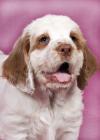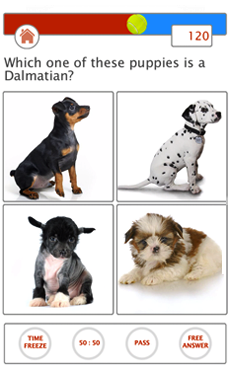Clumber Spaniel
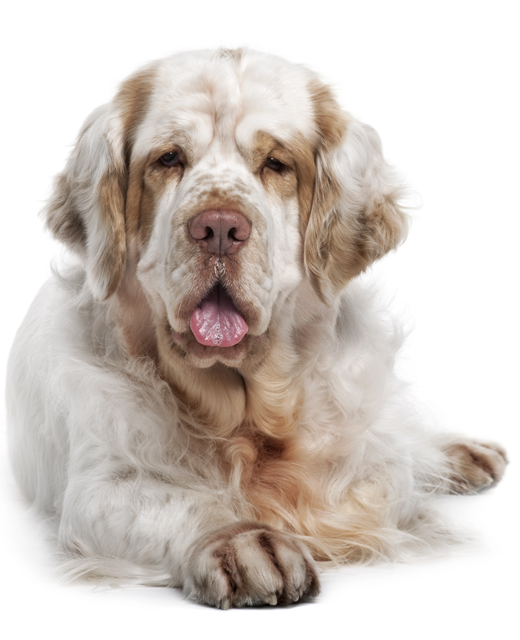
In my own words
You say you already have a cat? You have another dog too? Well, to tell you the truth that’s absolutely fine by me. I get on perfectly with other pets. I’m pretty easy going all round as it happens. Sometimes people even accuse me of being aloof. I don’t mean to be rude, in fact the opposite: it’s my way of being mannerly and noble.
I ‘m the keenest hunter you’ll come across. I can’t get enough of retrieving pheasant and partridge. It’s my nose- it’s particularly set on sniffing game out. All-the-better if we bypass a lake where I can swim to my hearts content. Though as I’ve got a little older I have slowed down and relaxed a lot. I used to have a lot more stamina. I was trained well! There was no harsh reprimands or shouting. I don’t respond well to shouting particularly in obedience training
My ideal owner(s)
Outdoorsy types
Families
Active singles
What they say about me
Easygoing
Gentle
Pleasant household member
Is this Clumber Spaniel for you?
Test your knowledge about the Clumber Spaniel
Information essential about the Clumber Spaniel
Kennel Club Group:
Sporting and Gun Dog.
Category:
Weight: Male: 70-85; Female: 55-70 lbs Height: Male: 19-20; Female: 17-19 inches
Popularity:
Of the hunting breeds, the Clumber spaniel is the most low-key and easy-going. They are gentle, sweet, and highly intelligent. A pleasant and well-behaved dog, they get along with other dogs, cats, and other household animals they are raised with. They typically become attached to one specific person in their family. This makes them highly popular amongst families.
Breed History:
The Basset Hound, Alpine Spaniel and St. Bernard may have contributed to the ancestry of the Clumber spaniel. The Clumber's early history is not well documented and there is no proof, but some say it originated in 18th century France around 1768 by one of the dukes of Noailles. Threatened by the Revolution, he transferred his dogs to England, close to his family, the duke of Newcastle. Some say it is here that the Clumber was perfected and was successfully presented at its first show in the nineteenth century.
It is said that several British monarchs have favoured the Clumber, including Prince Albert (Queen Victoria's consort), King Edward VII and his son, King George V. The name Clumber derives from the Duke of Newcastle's 3,800 acre estate Clumber Park in Nottinghamshire, England. The name Clumber itself most likely derives from the ancient name, "Clun" of a local river. Examples of vintage paintings depict white and orange dogs, which look like Clumbers with sometimes a little less bone and smaller heads being used for hunting expeditions.
Though early standards and actual written descriptions mention a preference for the colour lemon. The Clumber spaniel is the heaviest of the Spaniels, and is a slow, quiet hunting dog able to work in both packs or alone. They have good stamina, fine noses and do very well in dense underbrush. They have been used to hunt partridge, and pheasant and can be trained to retrieve. The breed was said to have arrived in Canada in 1848 and made its way into the United States. The Clumber spaniel was recognised by the American Kennel Club in 1884 and was one of the first 9 breeds recognised by the club. Clumbers
Character:
The Clumber spaniel is handsome and useful - a true aristocrat of long descent. They are considered to be a rare breed that is typically difficult to obtain. This slow moving and stocky breed are sedate, affectionate, and make an excellent companion.
Temperament:
The Clumber spaniel is described as a docile, sweet, intelligent and pleasant dog. They are among the most low-key and easygoing of the hunting breeds. They are very affectionate, well behaved, and not very active when mature. Clumbers will get along with other dogs and cats as well as other household animals if they are raised with them. If they sense the owners are meek or passive they can become a bit wilful. They are not barkers. Clumbers are playful and usually trustworthy with children of the family. Socialize them well the help them adjust to making friends with strangers. They do not respond well to harsh discipline, but they do need a calm, firm, confident owner who knows how to communicate the rules. Clumber spaniels can be used as hunting dogs. They prefer to hunt for pheasant and partridges, take naturally to retrieving, and are good water dogs. Make sure you have good chew toys for them to chew on.
Clumber Spaniels tend to move slowly around the house. When they’re busy at work, however, they are very focused and determined. Keep an extra towel around, since the Clumber tends to drool. It has also been known to snore on occasion.
Conformation:
The Clumber spaniel is a heavy-boned, low to the ground dog with short legs. The head is massive with a broad, deep muzzle, a defined stop and a heavy brow. The large nose comes in shades of brown ranging from beige, rose and cherry. The teeth meet in a scissors bite. The wide chest is deep and the front legs are straight. The deep-set eyes are dark amber in colour. The flews hang over the lower jaw. The hanging ears are triangular in shape with rounded tips, set low on the head. The neck is thick, heavy, and feathered at the throat. The feathered tail is either docked or kept natural. Note: docking tails is illegal in most parts of Europe. The feathered coat is soft to the touch, flat, dense and straight. Overall, the Clumber spaniel looks big-boned, powerful and sweet.
Colour:
The coat is predominantly white, with lemon or orange markings.
Training:
Care:
The coat must be groomed regularly with a brush and comb. Some skilled trimming of the coat is required. The ears and eyes need to be cleaned and inspected regularly. Some of these dogs develop an irritation of the ear but there are special lotions, which can provide relief for this. If there is too much hair under the ears, clip it before the next overall trim. This breed is a heavy shedder. They are not suited to extreme heat and prefer cooler weather.
Puppies are a little more vigorous than full-grown Clumbers. A mature Clumber prefers solid walks to jogging or running. In fact, its favourite exercise is a nice game of fetch in the yard. If you can allow the Clumber some time to swim in clean water, by all means do. Without enough exercise, the Clumber spaniel could easily gain weight
Health:
This breed is prone to hip dysplasia, juvenile lameness, dry eyes, and cataracts. It is important to not over feed them as they gain weight easily. They are also prone to flea and skin allergies. This breed likes to chew, take care not to let them swallow foreign objects. They also tend to gain weight easily, so do not over feed. The Clumber spaniel’s life expectancy is about 10-12 years. Though some can live as long as thirteen years.
You may also like:
If you like Clumber Spaniels, you may be interested in breeds of the same size »
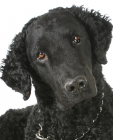
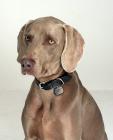
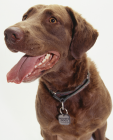

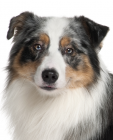
If you like Clumber Spaniels, you may like other breeds with similar characteristics »
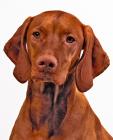
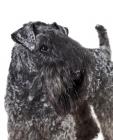
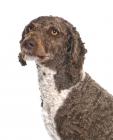
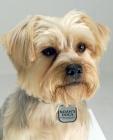

Advice on choosing your breed »
Find an animal shelter or rescue home where a Clumber Spaniel is waiting for a new home »
The following grid gives a fast track review, which covers all breeds. You can apply it to help you decide if a Clumber spaniel is suitable for you, the environment where you live, your personality and your lifestyle. On the grid, 1= strongly disagree, and 5= strongly agree. For example, if you are looking for a dog to make a good walking companion, look down the list under Activities, and you will see that Clumber spaniels have lots of energy and are strong walkers, scoring 5. If you want a dog that is good for country living, look under Environment and you will see that Clumber spaniels are suited to country living, scoring 5. You might like to save or print off this section and keep it for reference while you check some other breeds before making your final choice
Be the first to rate this breed »
|
*PLEASE NOTE: All our breed profiles are general, and all dogs are individuals. Always talk to the breeders and meet the owners you are buying from. Try to meet the dog and its parents if it is a puppy in their home environment.










